Former nuclear weapons workers celebrated with drive-thru event
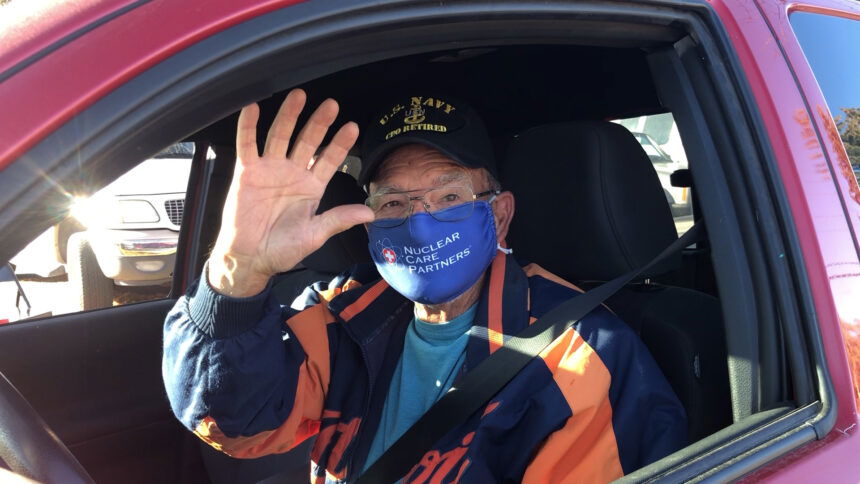
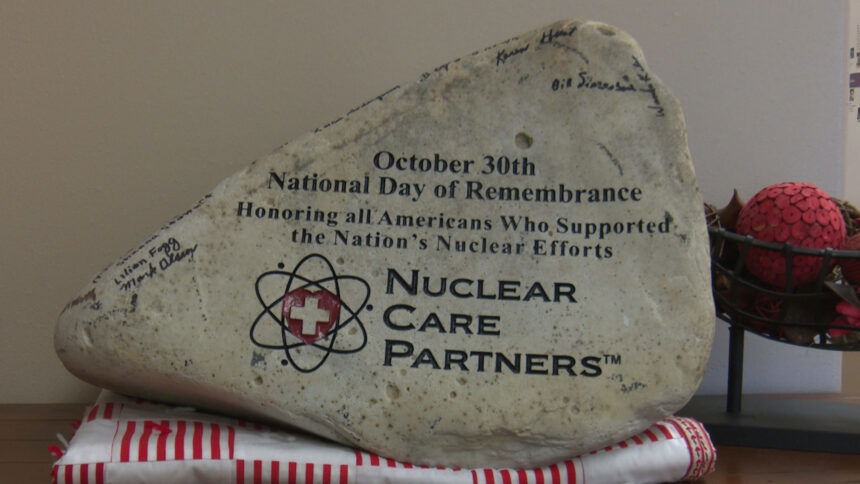
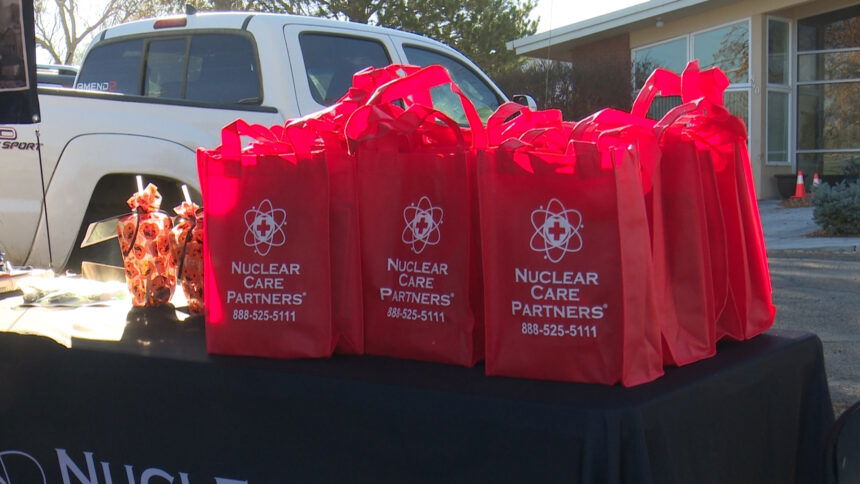
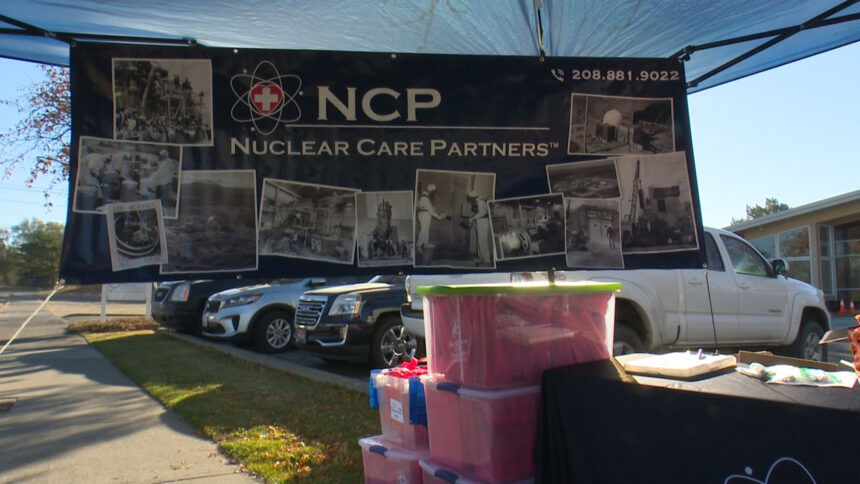
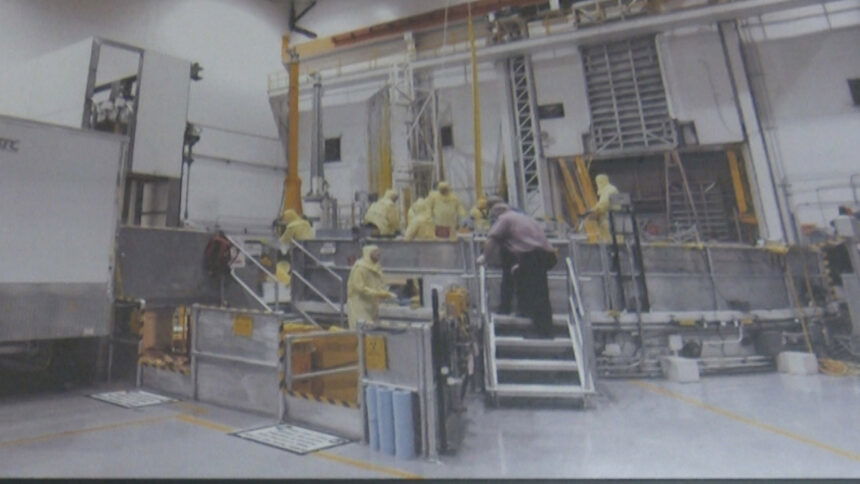
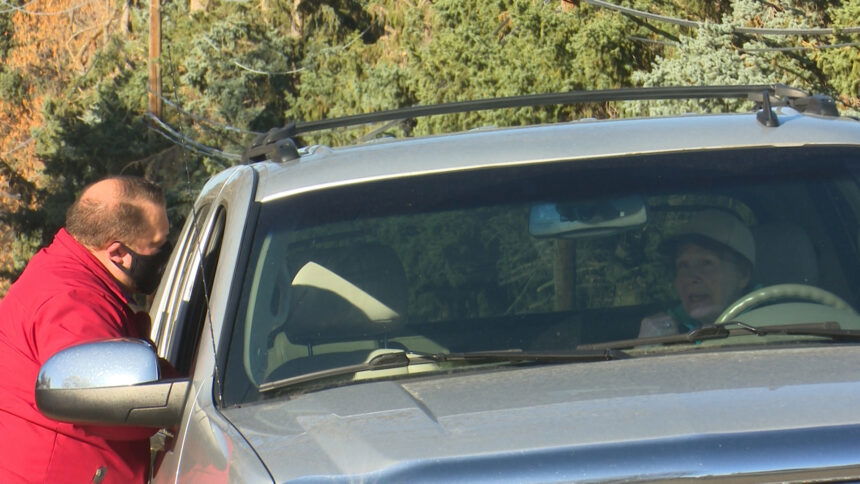
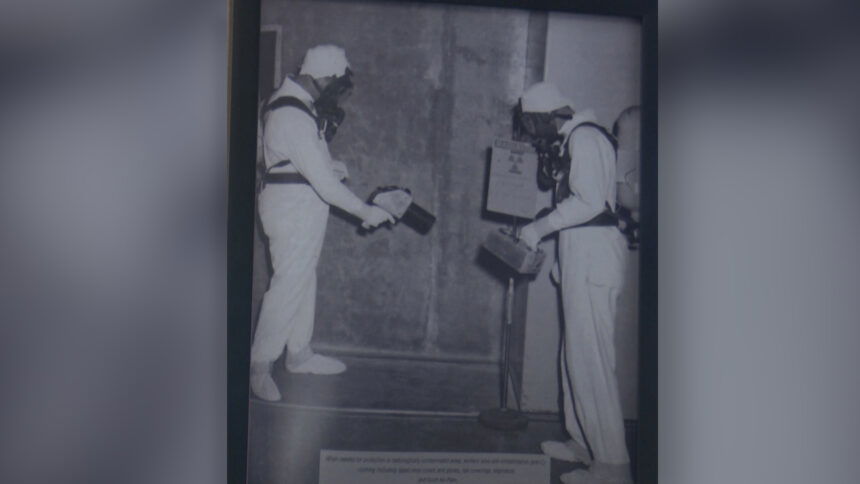
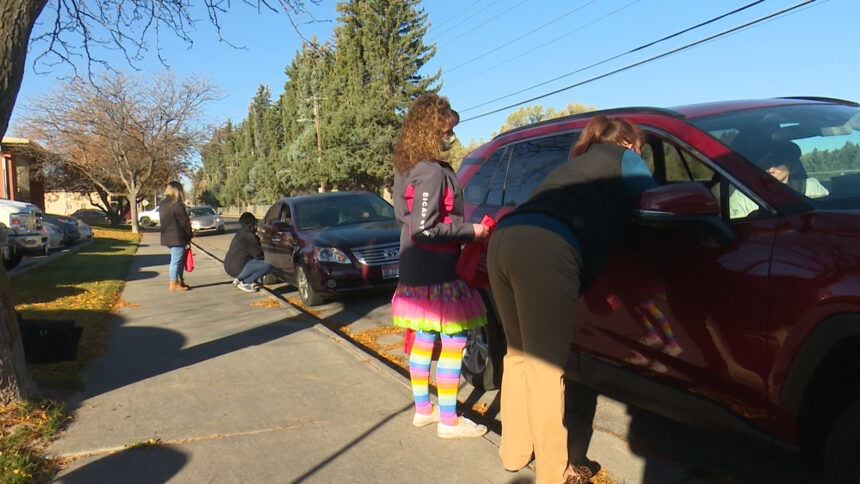
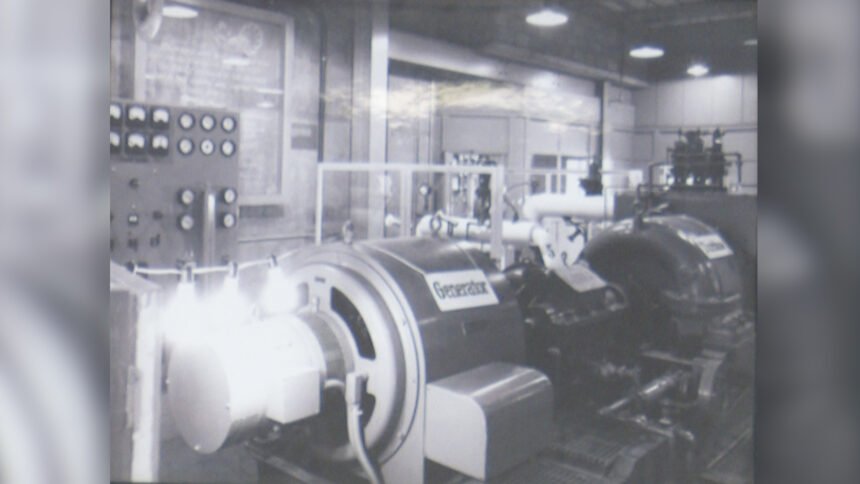
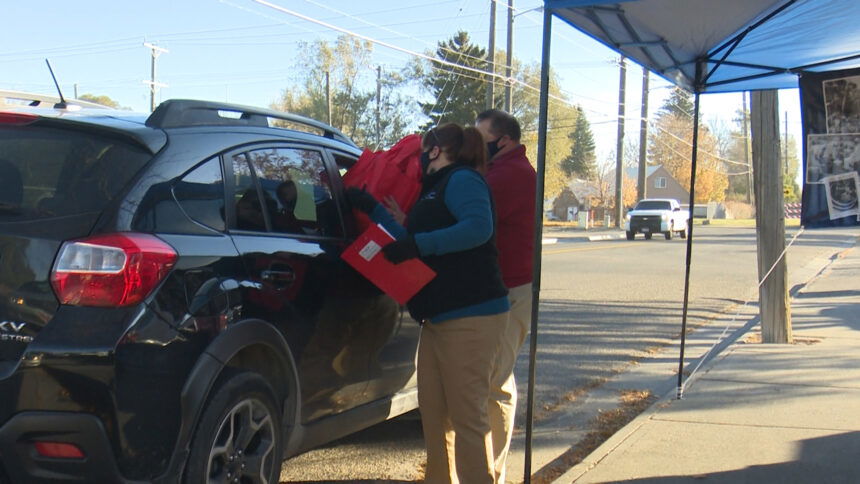
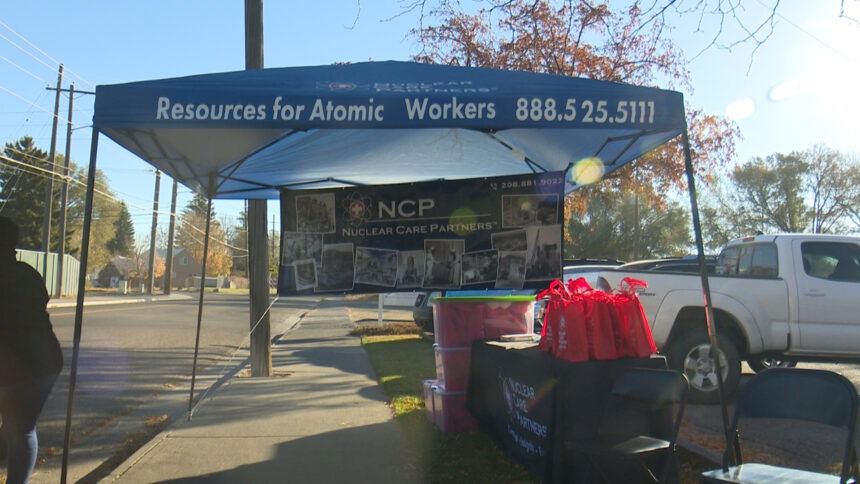
IDAHO FALLS, Idaho (KIFI/KIDK) – Former Idaho National Lab and Department of Energy workers were honored with a drive-thru National Day of Remembrance Celebration hosted by Nuclear Care Partners.
Commemorative goodie bags were distributed to honor the memory, legacy and contribution of the hundreds of thousands of men and women who tirelessly served in our nation’s nuclear weapons complex. They made many sacrifices, often in the way of their health, to protect our country by strengthening and maintaining its nuclear defense.
Thursday marks the 12th anniversary of the National Day of Remembrance for Nuclear Weapons Workers (NDOR).
“This is our celebration to them, it’s our chance to be able to show our gratitude,” Josh Ashby, community outreach manager for Nuclear Care Partners said. “Our National Day of Remembrance event is us being able to reach out to those former nuclear workers and say thank you for the work that they did.”
This year’s celebration took on a drive-thru format to maintain the health and safety of participants and staff. Former workers were invited to drive through and pick up their free NDOR goodie bag at the Good Samaritan Society parking lot.
Nuclear Care Partners provide “benefits guidance, advocacy, and no-cost in-home care to former atomic workers who have developed serious illnesses due to their workplace exposure to harmful radiation and toxic chemicals.”
Ashby says the National Day of Remembrance is intended to celebrate nuclear workers and the dedicated service they provided throughout their careers “to help build our nuclear facilities and everything that comes from it.”
“Nuclear energy is a clean form of energy. It’s a way for us to use the elements we’ve been given and turn it into the electricity that we are all so dependent on,” Ashby said. “It’s the next best way for us to move forward,” Ashby said.
This is the 12th annual Day of Remembrance event and Ashby says in years past, Nuclear Care Partners would rent out a venue with music and provide dinner for the former nuclear workers. They would also give speeches and talk with the workers to let them know how appreciated they are.
This year, the drive through event followed COVID-19 precautions and provided adequate social distancing. Nuclear Care Partners staff wore masks and greeted each car personally as a way to keep that appreciation alive through the pandemic.
Ashby says the INL was a military site for weaponry and switched over to a research facility.
“The significance of the INL and Idaho itself is that from World War II, we were studying nuclear energy for weapons, we were weaponizing it,” Ashby said. “INL was the first place in the world that took that weaponization technology, all that research, and breached that from war to peace. So we took what was once destructive and we made it so that we’re able to power homes. We’re able to power cities and hospitals. We took it and changed it into a peaceful necessity, something that builds up communities instead of tearing it down.”
X-Rays, CAT scans, and MRIs are a few pieces of technology Ashby says came from nuclear power.
“The ability for us to medically be able to reach in and see what’s going on without the former systems that we had in place that were so invasive, being able to just walk into an office and take a picture and be able to see what’s going on, your broken bone, how are things going inside without having to have a surgery to do that,” Ashby said. “That is all from these guys out here and in all the other locations here in the U.S., from the studies that have been done for nuclear energy.”
Ashby says site workers must undergo health physicals every three years that check for conditions that may develop as a result of radiation exposure. He says most of the workers he manages have pulmonary problems.
Mark Olsen worked in the health physics department at the INL. He says he worked for 20 years at the test reactor area. He was a nuclear worker for 35 years total. Health physics workers take care of radiation and contamination control at the plants. Part of their job title is to monitor radiation received by site workers. Mark says his last job at the INL was at the SMC facility which manufactures armament packages for the M1A1 Abrams tank.
“Nuclear Care Partners have really been helpful to all the workers that work at the site that have become acquainted with the program,” Mark said.
Mark says he has one brother who is very sick right now due to exposure during his career at the INL and Nuclear Care Partners has been providing care for him.
Mark says nuclear power started with a bad reputation. He says the United States have been very progressive in finding new types of reactors that will limit the radiation exposure to its workers.
“It’s like we started out with the Model T and now we got the Cadillac,” Mark said.
Mark says he joined Nuclear Care Partners about 2 years ago when they provided breakfasts for nuclear workers once a month to help them get acquainted with the Nuclear Care Partners program.
“It’s nice to be remembered. And so Nuclear Care Partners put out this party. Well, get-together, basically. We don’t get together too much anymore,” Mark said.
Mark says he received a 2021 calendar in his goodie bag that commemorates a lot of the nuclear facilities all over the United States.
“INL just happens to be one of them. They came out with the EBR1, it was the first facility to produce electricity to light a lightbulb and they lit up Arco. It’s kind of a nice program that [Nuclear Care Partners] keeps us comprised of what’s going on," Mark said.
Mark’s brother, James “Fred” Olsen, was a heavy equipment operator at the site. He worked there for 32 years. He operated overhead cranes in the reactors and other equipment outside of the reactors. He says he also did a lot of work on decontamination and demolition (D & D) projects.
“At the time, we were doing our job. We didn’t realize that we were being exposed to excessive radiation and that type of hazard,” Fred said.
Fred says he spent a lot of time demolishing and cleaning up the old buildings. He says they removed asbestos and chemicals and repackaged them for off-site shipping. Fred worked in the early waste retrieval program on the “burial grounds” for years. He says the early waste retrieval program taught them how to reclaim waste that was shipped in from Rocky Flats. He says they excavated and repackaged it through a program that is still used today.
“Nuclear power is a clean power,” Fred said. “Of course, you have the spent fuel and so forth that has to be taken care of, but as far as emissions and so forth, like carbon, it doesn't put any of that stuff off. And if people learn how to handle it correctly, it can be pretty safe.”
Fred says he developed skin cancer over the period of time he worked for the INL. He says since he retired, he has had four cancerous spots removed from his face and one from his lower jaw this past summer.
“Nuclear Care Partners were behind it 100% and made sure I had the medical care and so forth that I needed,” Fred said.
Fred says we need to look at nuclear power with an open, broad mind.
“As long as nuclear power is used the way it should be, and radiation and spent fuel is controlled and handled as it should be, it can be a benefit to the whole country,” Fred said.
He says he is interested to see how the new SMR Project will pan out for the site because it is a lower source of waste. Fred says exposure limits when he worked at the site are different than limits today. He says they have lowered the limits for radiation and other exposures and says this is a good thing.
While Nuclear Care Partners set out to celebrate nuclear workers today, those workers had appreciation and gratitude to express in return.
“I really thank the Nuclear Care Partners for what they’ve done to protect the workers and help the workers out that have developed any health problems while working at the site,” Fred said.
Nuclear Care Partners states, “Our founding belief holds that these brave men and women, who enhanced our nation’s security, deserve kind and compassionate care...Our passion to serve every community in need has led to expansive growth as we serve hundreds of former atomic workers across the nation.”
For more information on Nuclear Care Partners, call (208) 932-8170 or visit their website here.
Nuclear Care Partners worked in partnership with Hospice of Eastern Idaho, Good Samaritan Society, Eastern Idaho Community Action Partnership, and Wood Funeral Home for this year's event.